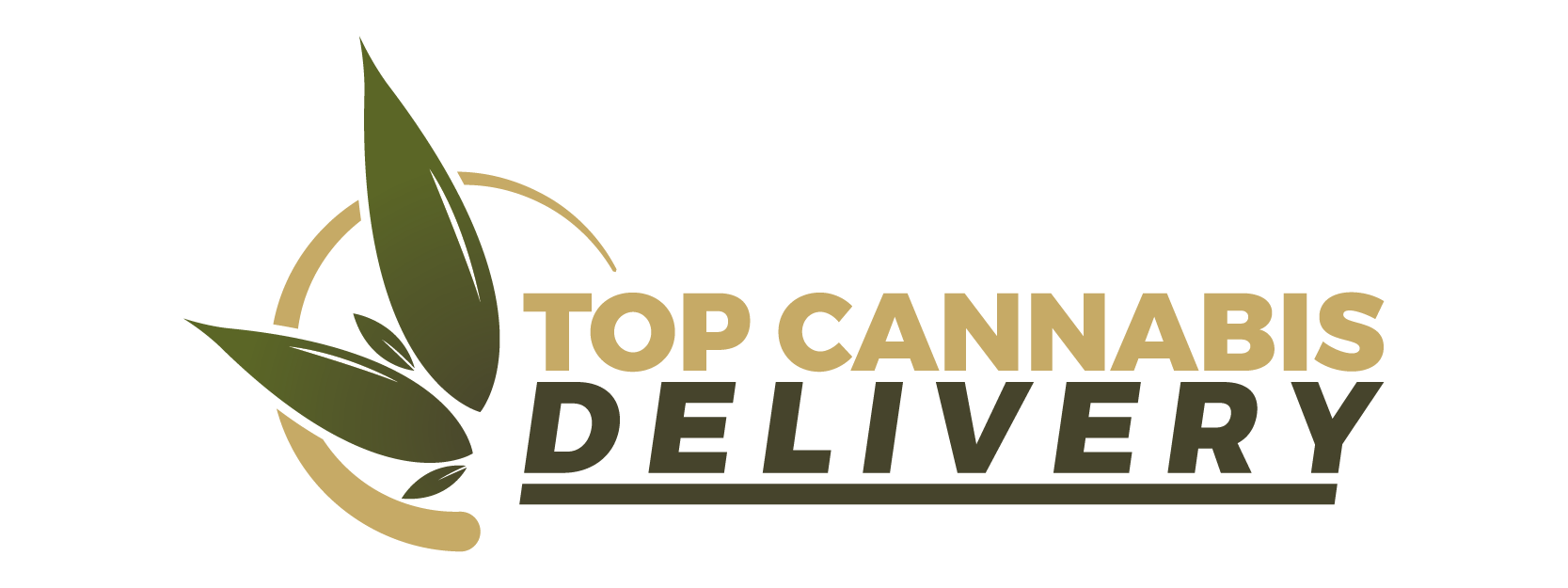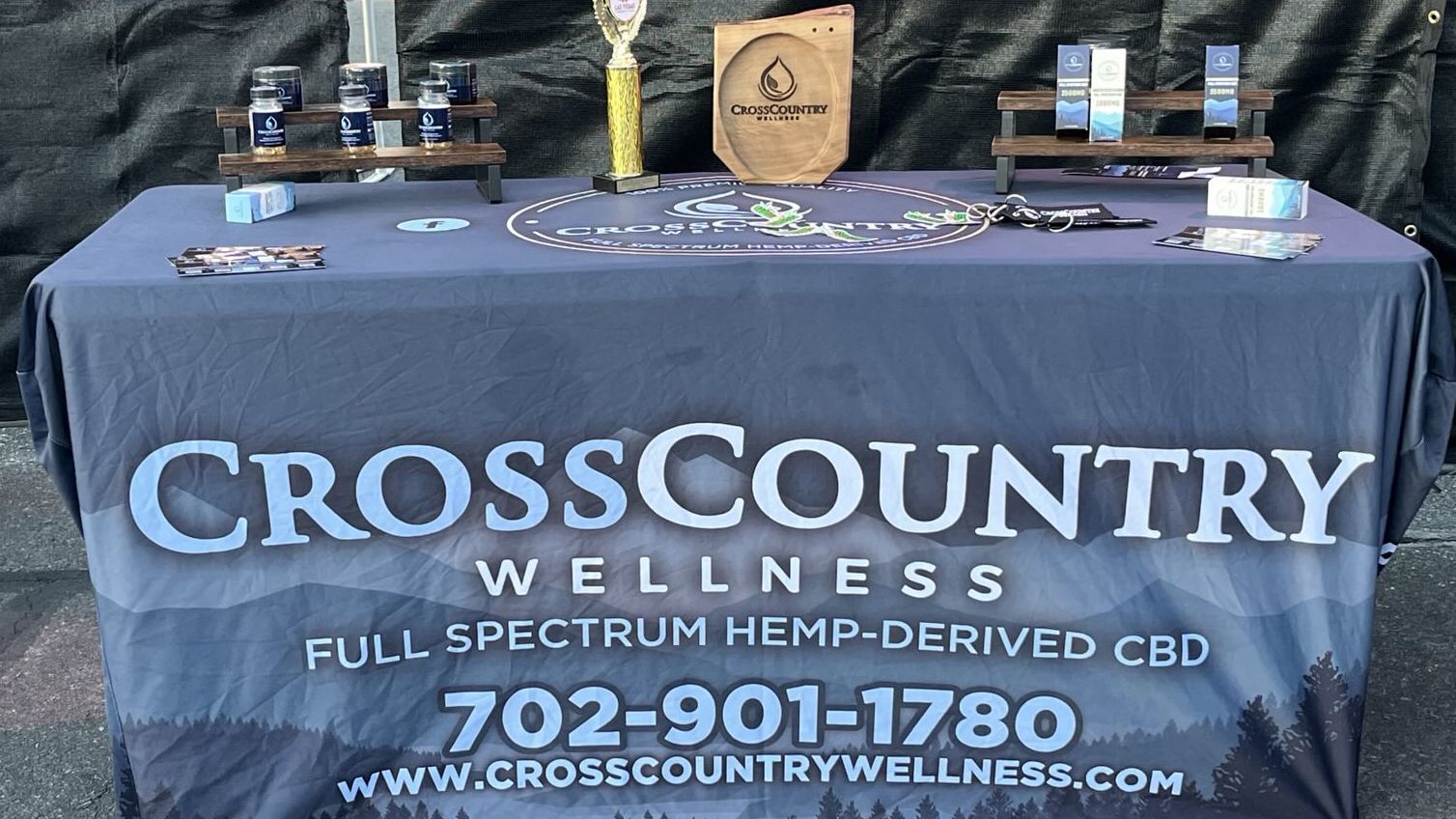As the hemp industry continues to expand, consumers and businesses alike are navigating the complexities of purchasing and delivering hemp-derived products. While federal legislation has opened doors for the hemp market, varying state regulations and federal guidelines create a nuanced environment for commerce.
Federal Framework: The 2018 Farm Bill
The Agriculture Improvement Act of 2018, commonly known as the 2018 Farm Bill, legalized the cultivation and sale of hemp and its derivatives, provided they contain no more than 0.3% delta-9 tetrahydrocannabinol (THC) on a dry weight basis. This legislation removed hemp from the Controlled Substances Act, distinguishing it from marijuana and allowing for the interstate commerce of hemp products.
Shipping Hemp Products: Carrier Policies and Restrictions
Under federal law, shipping hemp-derived products is permissible, but carriers have specific policies:
- USPS: Allows the mailing of hemp products if they comply with federal and state laws, including THC concentration limits, and if the shipper retains documentation proving compliance for at least three years.
- UPS: Permits the shipment of hemp and CBD products, provided they adhere to all applicable laws and regulations.
- FedEx: As of August 2022, does not accept shipments of raw or unrefined hemp products, regardless of THC content.
It’s important to note that international shipping of hemp products is generally prohibited, and shippers must ensure compliance with all relevant laws.
State Regulations: A Patchwork of Policies
While federal law permits the sale and shipment of hemp products, state laws vary significantly:
- California: Implemented a ban on hemp products containing detectable levels of intoxicating cannabinoids, including delta-8 THC, citing concerns over unregulated products being marketed to minors.
- Virginia: Enforced strict regulations on hemp-derived products, resulting in substantial fines for retailers selling products that exceed state-imposed THC limits.
- Illinois: Proposed legislation to regulate hemp products, aiming to limit THC content and impose marketing restrictions to protect public health.
These examples highlight the importance of understanding and complying with state-specific regulations when purchasing or delivering hemp products.
FDA Oversight: Limitations on Hemp-Derived Products
The U.S. Food and Drug Administration (FDA) maintains authority over hemp-derived products, particularly those intended for human consumption:
- CBD in Food and Supplements: The FDA prohibits the addition of CBD to food and dietary supplements, as CBD is an active ingredient in an approved drug and has not been deemed safe for these uses.
- Marketing Claims: The FDA has issued warning letters to companies making unsubstantiated health claims about CBD products, emphasizing the need for evidence-based marketing.
Businesses must navigate these regulations carefully to avoid enforcement actions and ensure consumer safety.
Proceeding with Caution
While it is legally permissible to purchase and deliver hemp-derived products under federal law, the landscape is complicated by varying state regulations and federal oversight. Businesses and consumers must stay informed about the legal status of hemp products in their specific jurisdictions and adhere to carrier policies and FDA guidelines. By doing so, they can responsibly participate in the growing hemp market while ensuring compliance and consumer safety.






